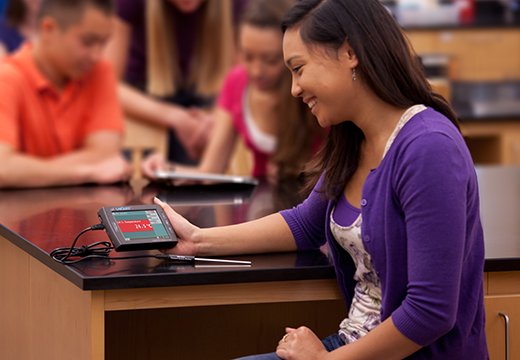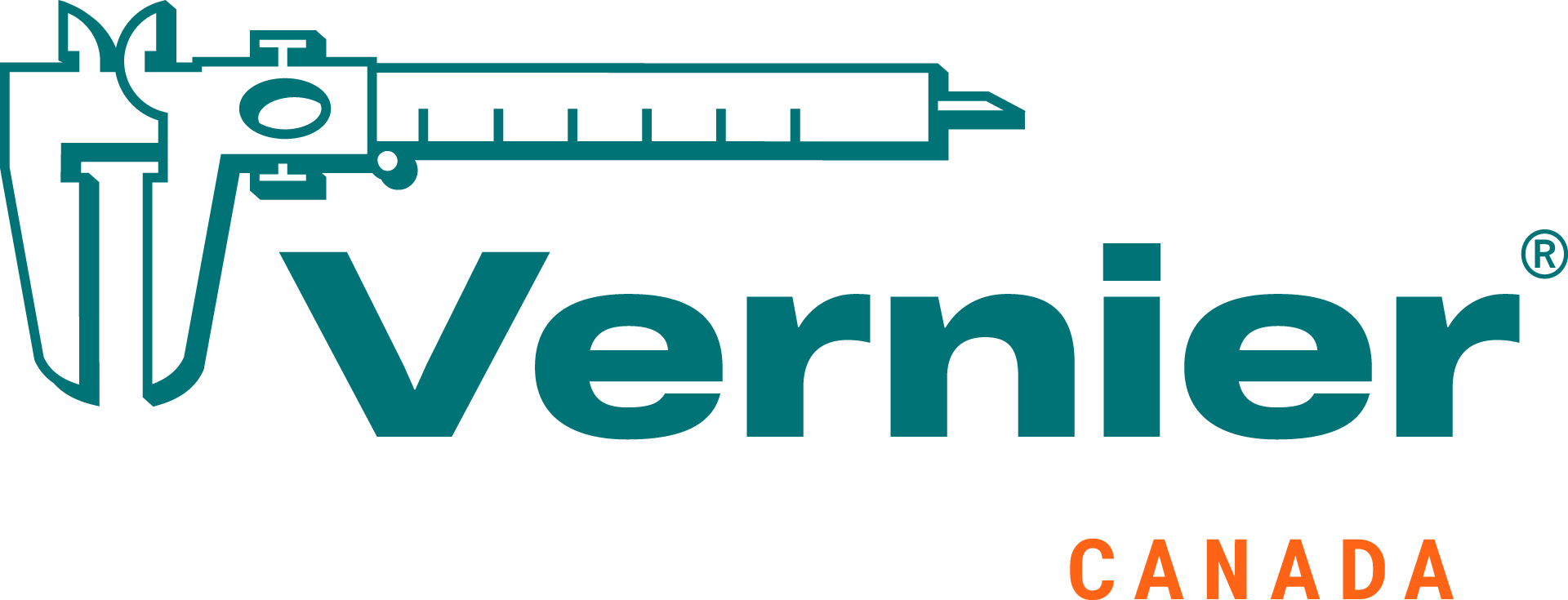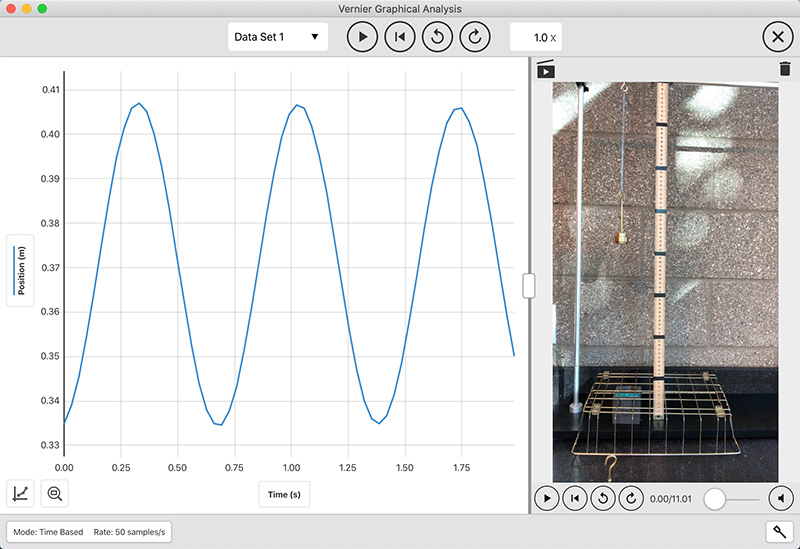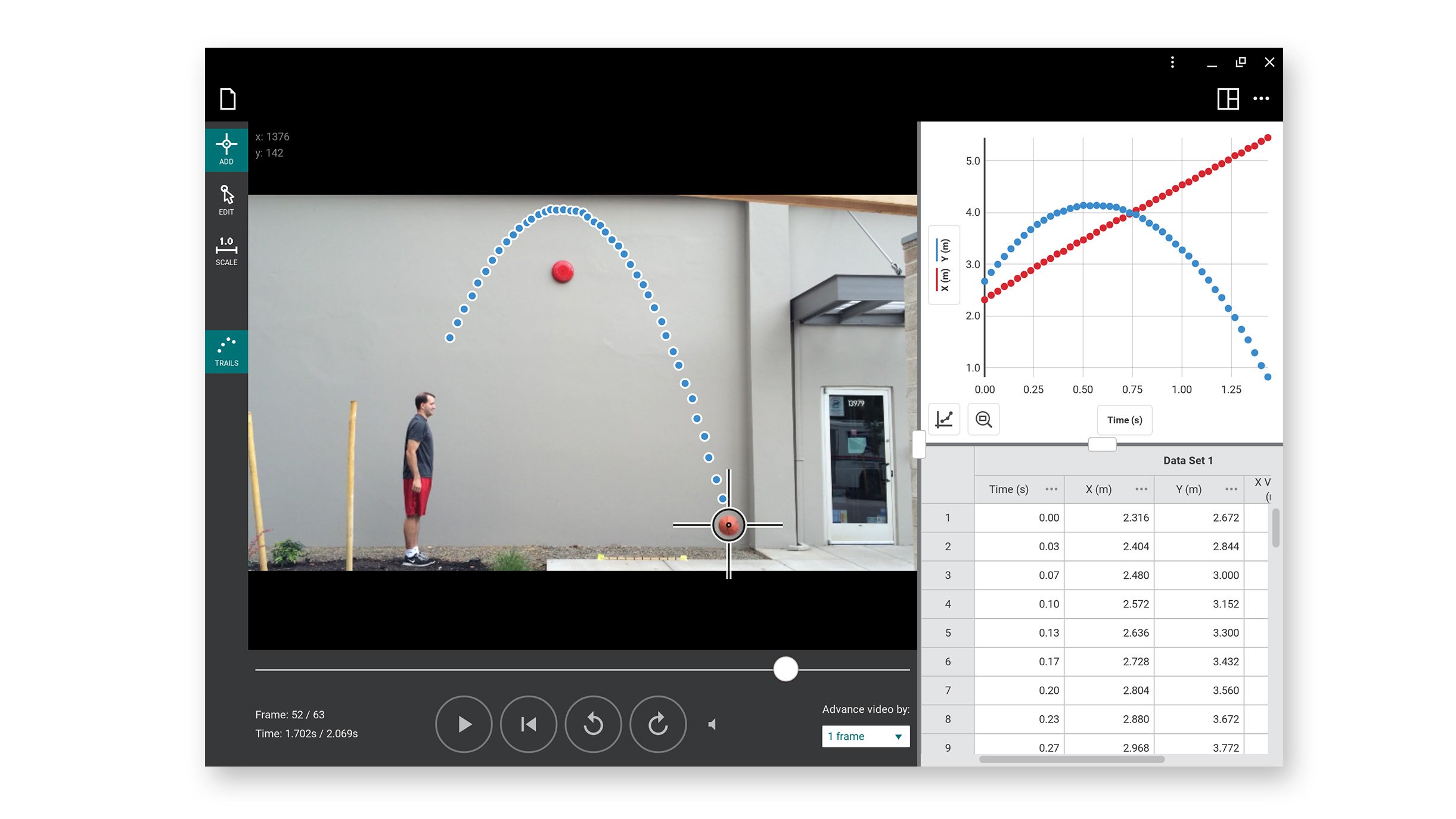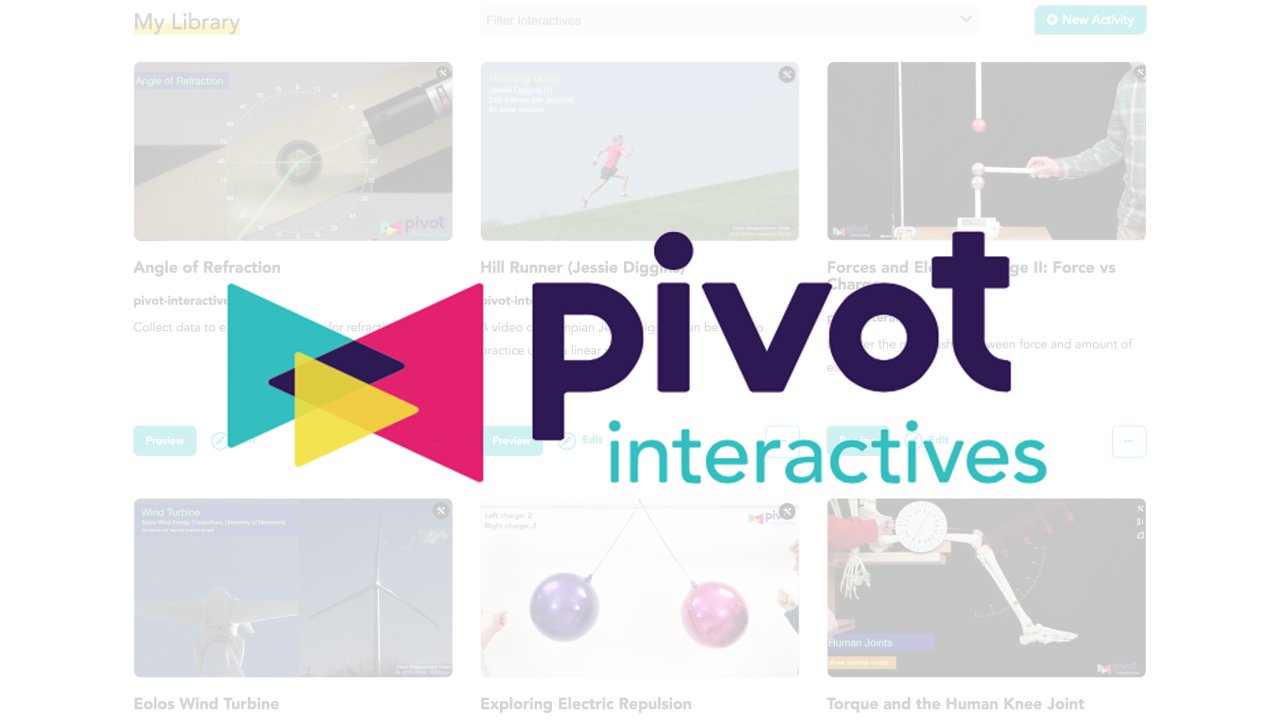Vernier Canada Offers
Remote Learning Solutions
Keep Students Engaged in Science with Remote Learning Solutions
As the educational world continues to reel from the impact of the COVID‑19 pandemic, we want to let you know that we’re here to help.
Schools everywhere are experiencing extended closures and disruptions due to COVID‑19, and some districts have already decided to make online learning a crucial part of the next school year. We know that teachers are scrambling to find remote learning solutions that will inspire their students and increase engagement while classes meet remotely.
Below, explore available resources such as free training webinars, the Vernier Video Analysis™ app, free coding activities with Arduino®, Pivot Interactives, and our library of free experiments with sample data.
Free Webinars for Educators
FREE WEBINAR RECORDING
Getting Started with Vernier Remote Learning Resources
This free webinar will help you get started using our remote learning resources. Vernier STEM Training Director, David Carter, walks you through demonstrations of Vernier Video Analysis, Pivot Interactives, and other useful resources that will help students engage with science, even from a distance.
ALL GRADE LEVELS • General Science, Physical Science, Biology, Chemistry, Physics
FREE WEBINAR RECORDING
Explore Motion with Vernier Video Analysis™
Our Director of Physics, Fran Poodry, will explain how you can help students study motion anywhere with Vernier Video Analysis. This free webinar will show you how students can use the app to collect data from their own videos so that they can think critically about motion.
General Science, Physics
FREE WEBINAR RECORDING
Teaching Remotely with Pivot Interactives
This free webinar inspires physics and chemistry instructors to support students in new and engaging ways. Pivot Interactives co-founder and CEO, Peter Bohacek, goes through the video-based experiments on Pivot Interactives and demonstrates how this online learning environment can help students form a deep understanding of science from home.
General Science, Physics, Biology, Chemistry
Vernier Resources
Vernier Graphical Analysis™ Pro
Free Extended Trial
With the new Graphical Analysis™ Pro app, users can insert, view, and sync a video to sensor data for inspection and analysis. This app is perfect for engaging students—either remotely or in the lab—in more advanced analysis of data from biology, chemistry, and physics experiments.
Vernier Video Analysis™
Free Extended Trial
Vernier Video Analysis app is a physics-focused tool where students can use their mobile devices to insert their own videos with recorded motion, mark points to track the object in motion, and set the scale of the video. This app brings physics and video analysis to all your students regardless of their location.
Pivot Interactives: Perfect for Distance Learning
Free 30-day Trial
Pivot Interactives is a video-based science learning environment. With over 200 interactive activities, the high-quality videos from Pivot Interactives give your students the opportunity to observe and study hard-to-replicate experiments and phenomena no matter where they are.
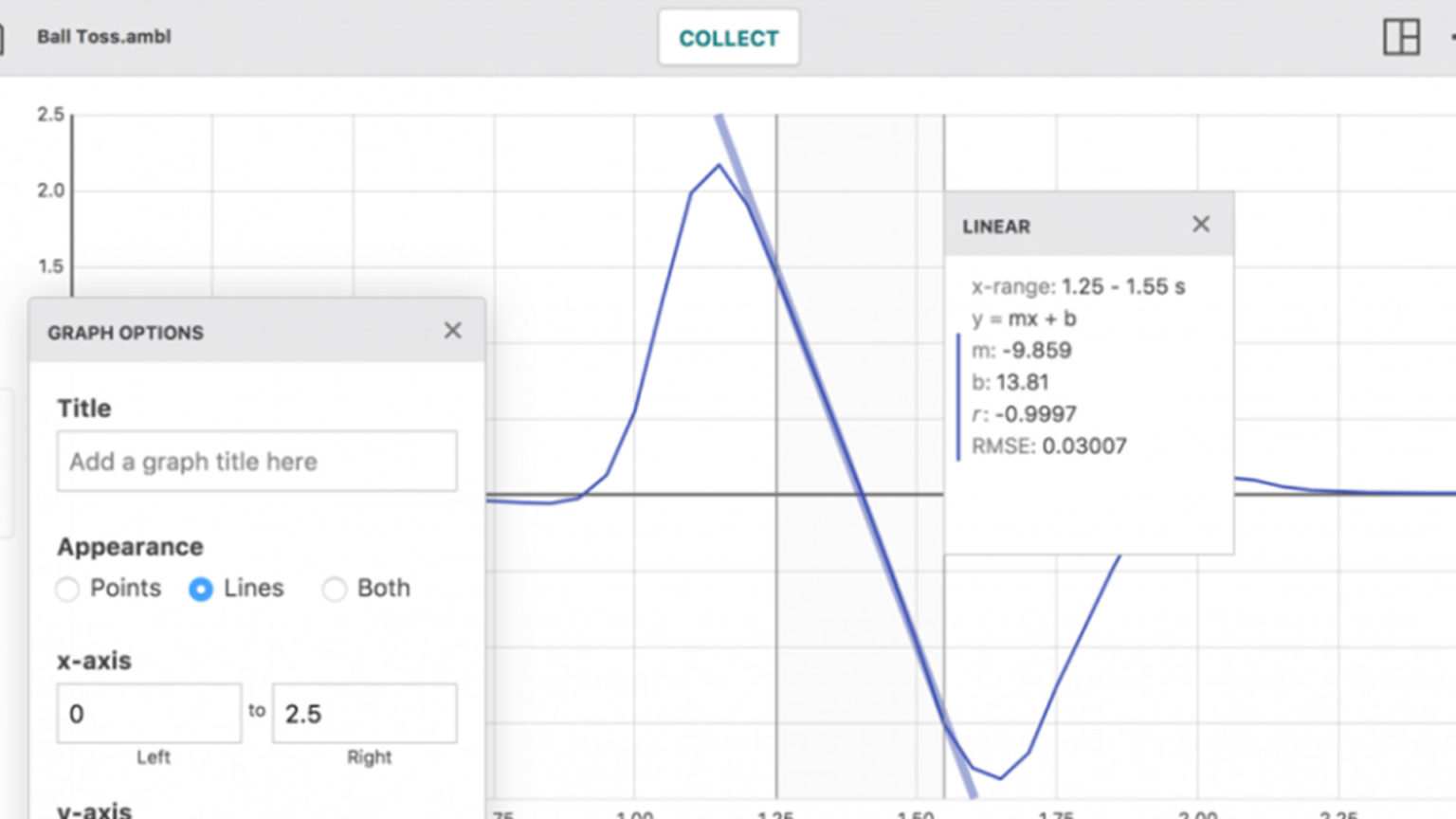
Analyze Experiment Data at Home
General Science
Free
To help ensure students continue to sharpen their critical-thinking skills and learn key scientific concepts during this precarious time, Vernier has put together over 300 free experiments with sample data files covering many subjects that you can distribute to your students at home. Though students won’t be performing the experiments themselves, they can perform their own analysis of the sample data and answer questions based on their results.
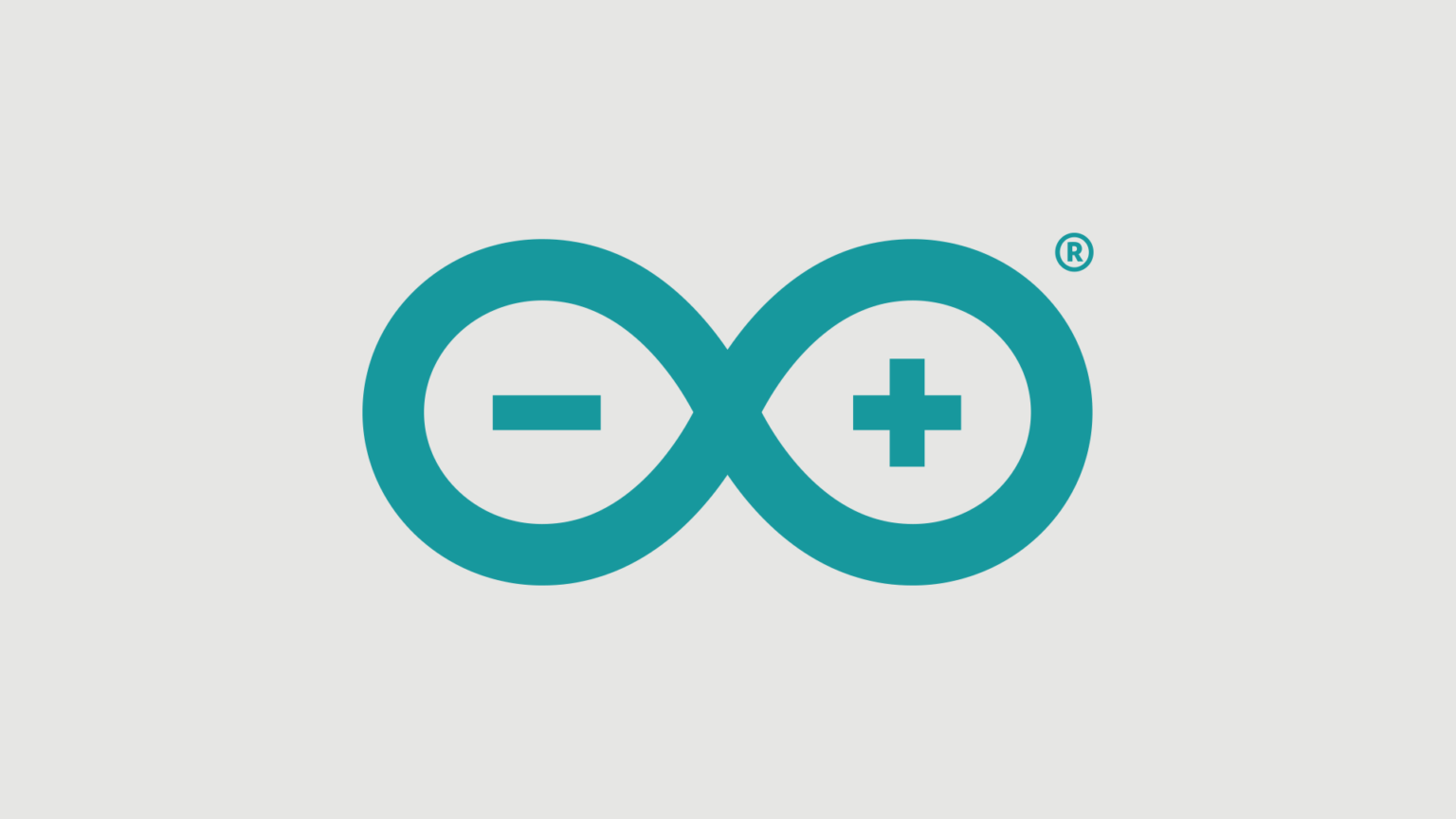
Vernier Coding Activities with Arduino®
Engineering, Coding
Free
These free starter activities are designed to provide an introduction to coding as well as a lesson in sensor technology using Vernier sensors and Arduino microcontrollers. Students get excited when they see coding come to life through hands-on technology. Integrating Vernier sensor technology with Arduino shows students how the physical world connects to the computer-centric activity of learning to code.
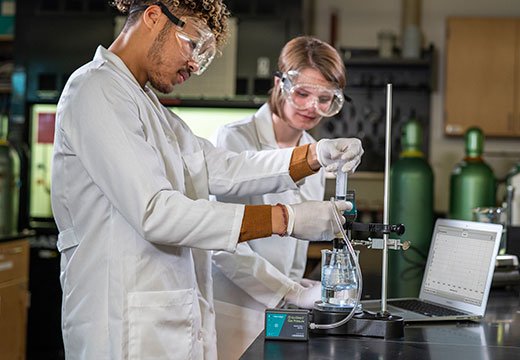
How to Order
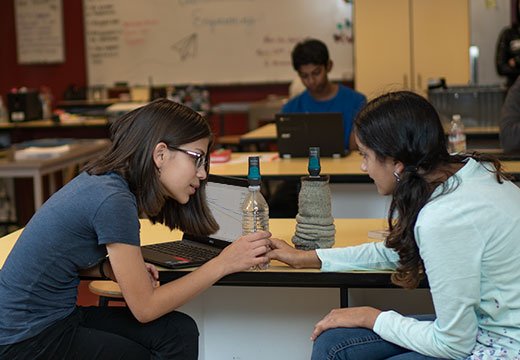
FAQ
